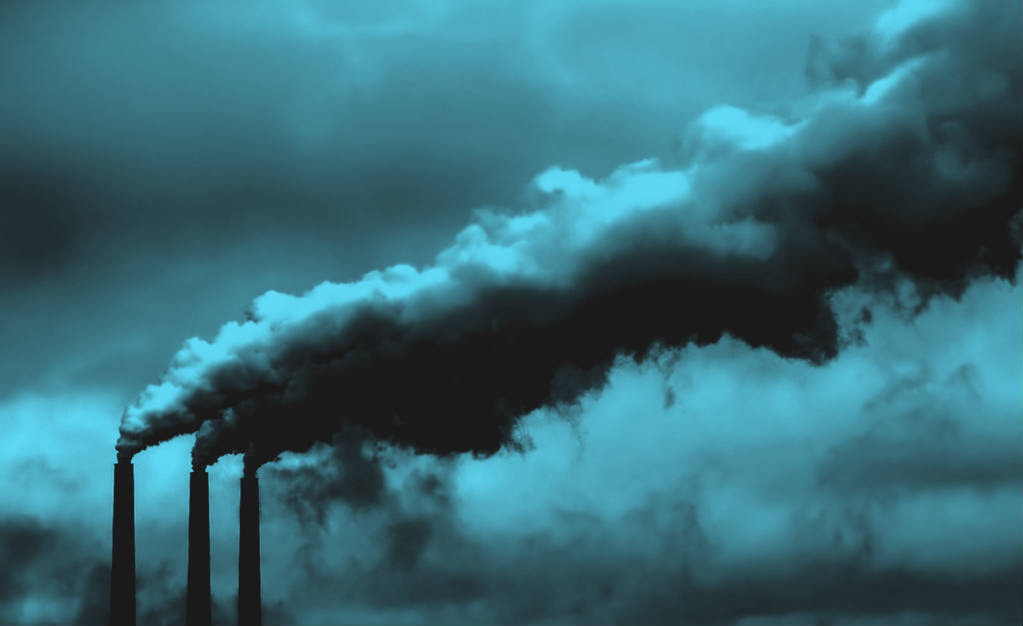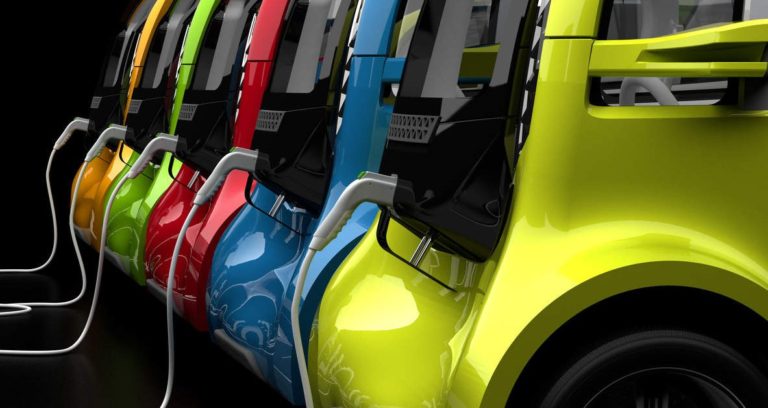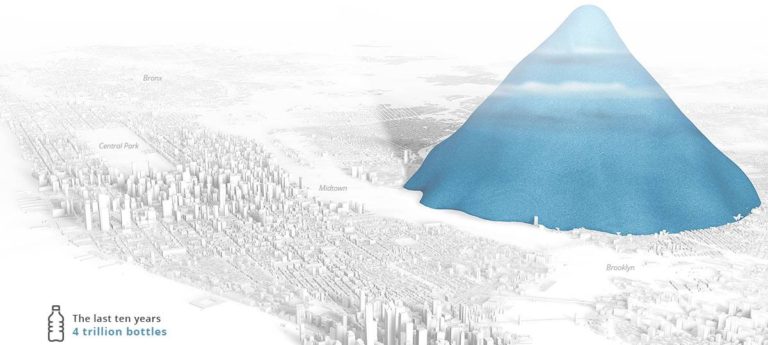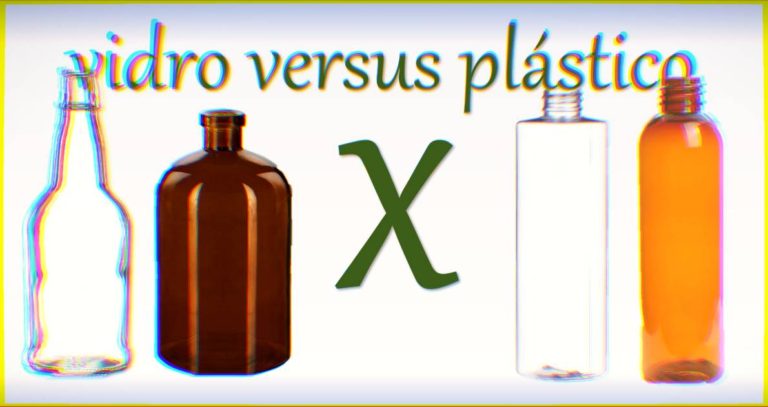The question of incineration of household waste generates heated debates among environmental experts and representatives of the waste management sector. While some cities and countries see in incineration a solution to the growing production of waste, others warn of the environmental risks associated with this practice. Burning urban waste, especially that collected directly from the streets, is a controversial strategy, with implications that go beyond simply reducing the volume of waste in landfills.
In this article, we will explore what is incineration of household waste, its benefits and disadvantages, and how this technique compares to other forms of waste management, such as biodigestion and recycling.

Editor's note: This article was not intended to be biased, but all of the people interviewed are against incineration. If you have any positive arguments, please comment to further the discussion.
What is Household Waste Incineration?
A waste incineration is the process of thermal destruction of waste, carried out in high-temperature furnaces. This technique can be used to eliminate a wide variety of materials, except glass and metals, which are more heat-resistant. The main objective is to significantly reduce the volume of waste, while generating energy from the heat released during combustion.
Despite the incineration Although widely adopted in European countries, the issue is controversial in Brazil. Many experts are against the large-scale adoption of this technology for the treatment of household waste, while its supporters point out benefits such as the elimination of landfills and energy production.
Benefits of Incineration
The defenders of incineration of household waste highlight the following benefits:
- Waste Volume Reduction: Incineration can significantly reduce the volume of waste, reducing the need for landfills.
- Power Generation: The heat released during burning can be used to generate electricity, which makes the process attractive from an energy point of view.
- Hazardous Waste Disposal: Some types of hazardous waste, such as hospital materials, are best treated through incineration, as they require complete destruction to avoid contamination risks.
However, these benefits come with several challenges and environmental concerns, which will be discussed in the following sections.
Disadvantages and Risks of Waste Incineration
Despite the arguments in favor of incineration, the practice faces a series of criticisms from experts, environmental organizations and local communities. Among the main negative points are:
Emission of Toxic Gases
One of the biggest risks associated with incineration of household waste is the emission of toxic gases, such as dioxin. This gas is released when plastics and other materials are heated to high temperatures. Dioxins are highly harmful to human health, being associated with respiratory problems, cancer and other serious disorders.
Additionally, incineration can also release other greenhouse gases such as carbon dioxide (CO2) and methane (CH4), contributing to global warming and climate change.
Recycling Damage
Another serious problem of incineration is that it makes recycling impossible. By burning recyclable materials, such as paper, plastic and metal, the opportunity to reuse these resources in the production cycle is lost. This not only represents a waste of valuable materials, but also economically harms street collectors, who depend on recycling for their livelihood.
Furthermore, incineration can result in increased extraction of natural resources, as fewer materials are reused, intensifying the environmental impact.
Pollution and Climate Impact
Although incineration reduces the amount of physical waste, it increases the risk of air pollution. Burning solid waste, especially plastics and chemicals, can release toxic substances into the air. The impact on the environment is particularly worrying in terms of greenhouse gas emissions, which directly contribute to climate change.
Alternatives to Incineration: Recycling and Anaerobic Biodigestion
Given the controversy surrounding the incineration, other forms of waste management are being explored and implemented. Two such alternatives include recycling and anaerobic digestion, which many experts believe present more sustainable solutions in the long term.
Recycling: An Efficient Solution
Recycling is widely considered a superior alternative to incineration. Instead of destroying waste, recycling allows materials such as glass, metal, plastic and paper to be reintroduced into the production cycle. This not only saves natural resources, but also creates jobs and reduces the need for landfills.
In countries like Brazil, where selective waste collection still faces challenges, investing in expanding recycling can be an effective way to combat waste accumulation without resorting to burning. In addition, the recycling process has a lower environmental impact in terms of greenhouse gas emissions.
Anaerobic Biodigestion
Anaerobic biodigestion is another effective method for treating urban solid waste. This process involves decomposing organic waste, such as food scraps and tree prunings, under controlled conditions, producing biogas. The biogas generated can be used to produce energy, providing a clean and renewable alternative.
The method is particularly effective in dealing with wet waste, which accounts for approximately 50% to 60% of household waste. By separating dry waste (such as plastics, glass and metals) for recycling, biodigestion can be implemented effectively, reducing the need for incineration and making the most of available resources.
What Do the Experts Say?
Comparative studies between the incineration of household waste and other methods, such as biodigestion and recycling, generally point to the superiority of these alternatives, especially in the Brazilian context. According to experts such as Professor Adilson Santiago, recycling and biodigestion are more sustainable processes, both in economic and environmental terms.
Furthermore, the opinion issued by the Ministry of the Environment highlights the risks of incineration, particularly with regard to the emission of toxic gases and the negative impact on recycling. Although the incineration has the potential to generate energy, the environmental cost associated with the practice often outweighs the benefits.
A incineration of household waste It is a controversial practice, with both supporters and opponents presenting valid arguments. While the technique can reduce the volume of waste and generate energy, the associated environmental risks, such as the emission of toxic gases and the loss of recyclable materials, are worrying.
Alternatives such as recycling and anaerobic digestion offer more sustainable and effective solutions for managing municipal solid waste. Ultimately, choosing the best method depends on a careful analysis of local needs, recycling capacity and environmental impacts.
Therefore, before opting for incineration, it is essential to consider all available alternatives and weigh the pros and cons of each. The future of waste management must be based on sustainable practices that minimize environmental impact and maximize resource reuse.
Check out other interesting facts about recycling clicking here.
Learn how to make art by recycling, Click here.




INCINERATION OF HOUSEHOLD WASTE: Environmental crime!!!
In Brazil, this practice is strictly prohibited: MAGNETIC PYROLYSIS PLANT.
More lies, this professor Adilson Santiago is completely ignorant: Maybe he is part of those interested in landfills or even the garbage mafia, if you didn't like it, professor, look for me so I can give you some classes on: ENERGY HEAT. What's up, professor: where will you be able to make BIOGAS FOR ENERGY GENERATION WITHOUT INERTIZING THE GARBAGE, SECONDLY: YOUR ENERGY IS ONLY USEFUL FOR BOILERS AND WILL YOU INSTALL BOILERS IN SANITARY LANDFILLS OR GARBAGE DUMPS…..DItto BANGLADESH, we can't change Brazil, so let's change our politicians and teachers…..Another joke;…..special sanitary landfills. another lie BIO DIGESTION...this crazy guy is mixing stations, taking 4 satellite dishes and 5 FM radios...he's going to make organic fertilizer lol... Today, worldwide the biggest toxic environmental crime and global warming is: CO2 and burning plastics (dioxin).
Ok, it's an environmental crime, I agree, up to the point where I live there is no garbage collection, so what do I do? Hey, I'll burn it and I'll continue to burn it until one day the city government comes to do its job.